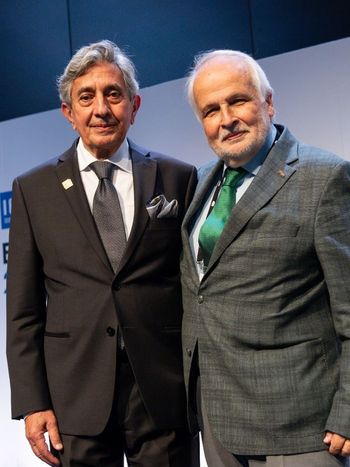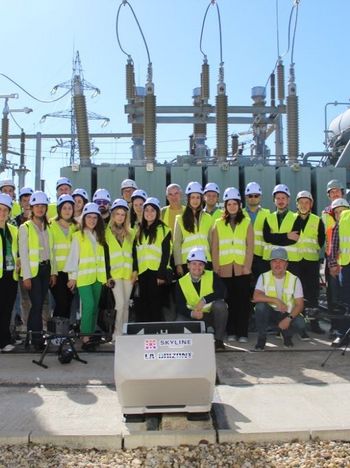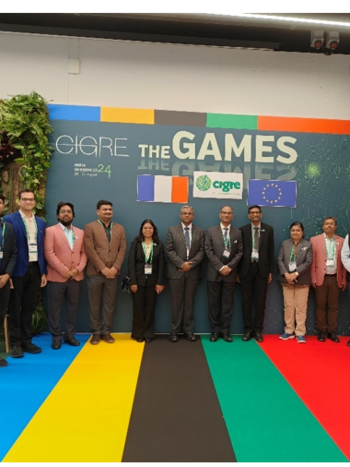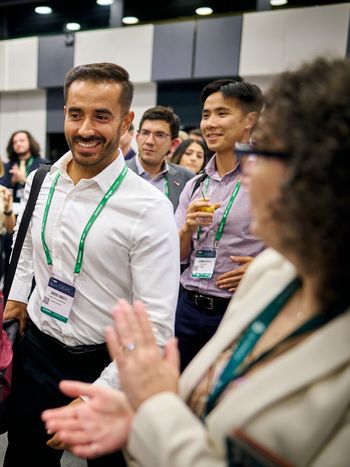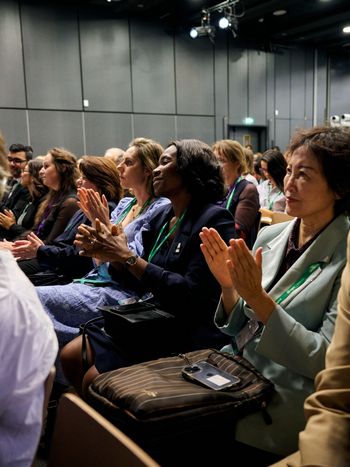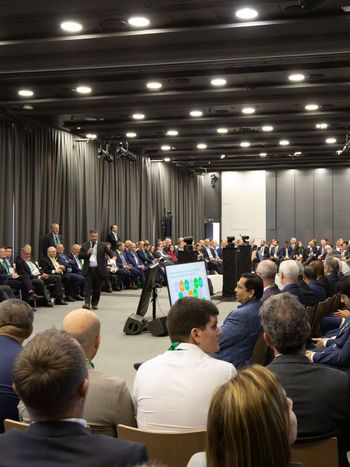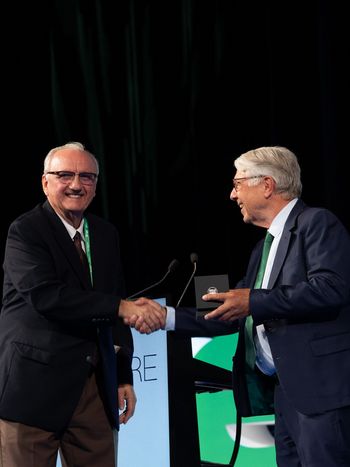CIGRE NGN: Discussion with Maigha
CIGRE would like to introduce a new section in Life of the Association: Interviews from Women in Engineering and Next Generation Network. A lot of focus is given to senior CIGRE members and these interviews will present younger members and let them explain what CIGRE means to them. These Q&A interviews are short but allow us to have a new, younger perspective on CIGRE membership; they tell us what interests them in their work, as well as what their projects and goals are. These are the voices of our industry’s future. Please share with young people on your teams and encourage their membership in CIGRE!

CIGRE NGN / WiE United States
PhD, 2017, 7 years in the US
Senior Quantitative Engineer, Transmission Planning Technical Studies at BSC, Exelon
CIGRE WIE Net Zero Initiative; JWG B5/C4.79 Protection Roadmap for Low Inertia and Low Fault Current Networks
What lead you to your present career or job?
Maigha: Starting with a bachelor’s degree in Electrical Engineering in India, I was hired in a software consultancy company where I worked for 2.5 years. My love for wires and electrons made me take the decision to pursue a Masters in the US. Soon after joining, I was able to secure a PhD position with a great advisor. After being granted the PhD, I was academically inclined and thus pursued a post-doc at Clemson University. Working with my mentor and boss there, who came from a strong industry background, I realized the importance of working in the industry, and not a purely academic environment. An opportunity at ComEd came along and since I needed a real job, I hopped onto that wagon. My initial experiences were analogous to drinking from a firehose. However, despite all that, I made a couple moves internally to traverse from Smart Grid to Relay and Protection. With analytics around the corner, I took the challenge and embarked upon the journey into business intelligence and analytics. Apart from that, I am a certified innovation mentor and lead/support targeted innovation campaigns.
What are you working on now that would interest ELECTRA readers?
M.: We are developing analytic tools that automate some very manual, time consuming, error-prone yearly processes undertaken by the Real Time Analysis group. These tools are currently being used by transmission operators and our equipment specialists for informing maintenance plans and summer readiness. Currently, we are looking into the potential of moving from time-based to performance based maintenance for our circuit breakers using the i2t metric. It is a long way to go but speaks to the importance of how the right data can help drive business intelligence and improve performance and operational reliability.
What has been the biggest challenge with your work?
M.: Getting up to speed with the ever-changing environment, new technologies and operational issues has been the main challenge. With the DER integration, availability of a tsunami of data and what to do with it and how to drive business intelligence using it is a challenge amongst others.

What has been your biggest challenge balancing work and personal life?
M.: Creating a disconnect was initially an issue but it took some training and defining boundaries including time commitments at work and realistically analyzing feasibility of assignments.
How did you get involved in CIGRE?
M.: I was always checking out the CIGRE platform and got to know about NGN and WIE. I contacted the groups and started shadowing. My first interaction was with WIE as they were drafting the charter. Thereafter, I took the responsibility of co-chairing professional development webinars for US-NGN. I also got involved in the two Working Groups following this.
What do you feel is CIGRE’s ‘added value’?
M.: Being able to interact with colleagues, subject matter experts and individuals from different strata of industry and leadership levels in an inviting environment…
Why would you recommend CIGRE membership to others?
M.: Put great connections, networking opportunities, mentoring and leadership opportunities, technical engagement, and support at different career levels – all packaged into one – that is what CIGRE brings.
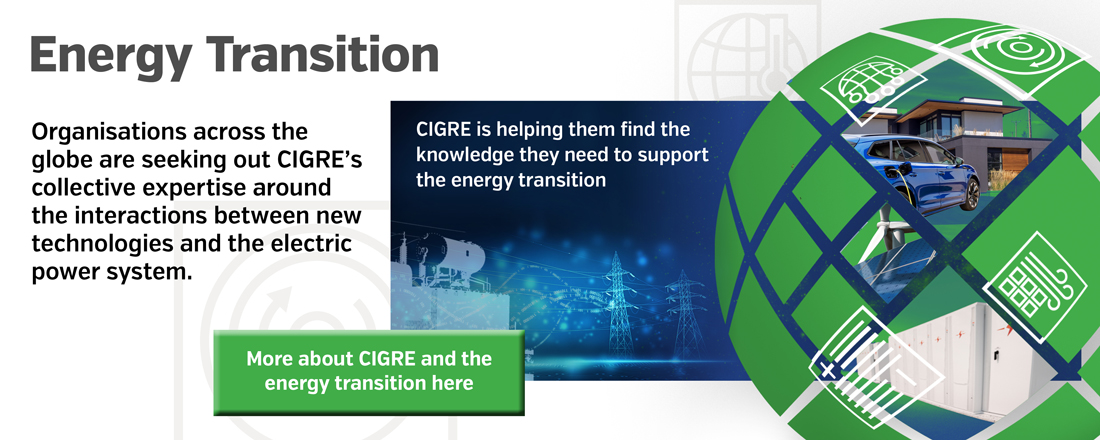
Where do you see yourself in 15 years?
M.: I see myself as a technical and innovation lead with a balanced, focused, clear mindset.
Do you have one major goal or do you have a bucket list? Are you willing to share this information?
M.: I have a simple goal: To work diligently, explore new concepts and ideas and make a contribution to the power industry in whichever small way possible. Stay grounded.
What would you like to see change in our industry in the future?
M.: It would be great to see more opportunities to learn and grow from each other across the globe. We may not have the same problems, but lessons learned are a resource that can help everyone, across the board. We need to share the knowledge we have.
If you are a WiE or NGN member and wish to be featured in an upcoming ELECTRA edition, please contact ELECTRA Editorial Team. If you are reading these and wish to join CIGRE, please visit this page.
